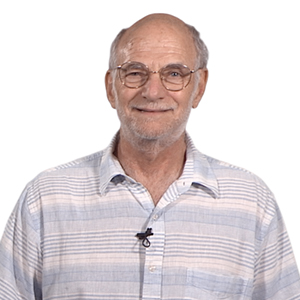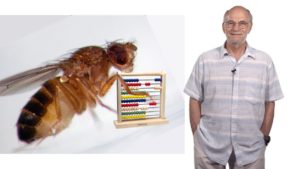Michael Rosbash is Professor of Biology at Brandeis University and Investigator of the Howard Hughes Medical Institute. Rosbash uses genetics to understand the underlying mechanisms of circadian rhythms. In 1984, Rosbash, along with collaborator Jeff Hall, cloned the period gene in Drosophila, which led them to discover the transcriptional negative feedback loop of circadian clocks several years later. Since that time, Rosbash and Hall have identified several other important circadian genes and their functions. More recently, Rosbash’s studies have focused on understanding how neuronal function contributes to circadian rhythmicity. For his seminal discoveries, Rosbash was elected to the National Academy of Sciences in 2003. Rosbash graduated with a BS in Chemistry from Caltech in 1965, and then spent a year at the Institut de Biologie Physico-Chimique in Paris on a Fullbright Scholarship. He earned his PhD in Biophysics from the Massachusetts Institute of Technology in 1970. Rosbash joined the faculty at Brandeis University in 1974 after a three-year postdoctoral fellowship at the University of Edinburgh.

Talks with this Speaker
Understanding Circadian Rhythms: A Tale of Friendship, Behavior, Genetics, and Luck
Michael Rosbash tells the story of how a collaboration with friend Jeff Hall led to the discovery of the genetic mechanisms that regulate circadian rhythms. (Talk recorded in November 2015)

Audience:
- Student
- Researcher
- Educators of H. School / Intro Undergrad
- Educators of Adv. Undergrad / Grad
Duration: 14:30



